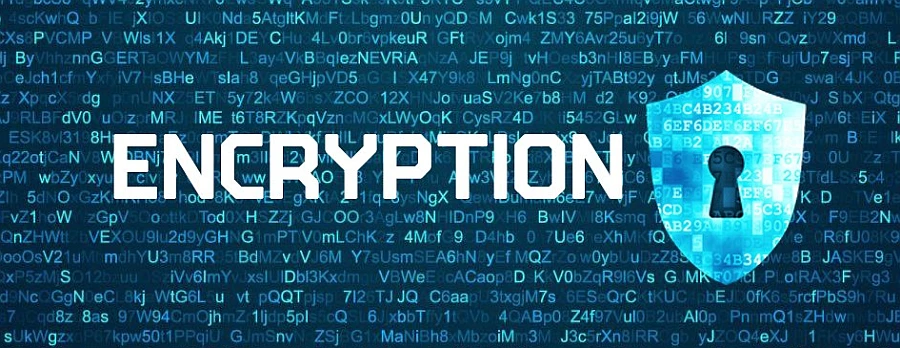We live in a world where data is increasingly being stored and transmitted electronically. This means that our information is more vulnerable to being accessed and used without our permission. To protect our data, we need strong enough encryption to prevent unauthorized access.
Super encryption is a type of encryption that uses multiple layers of security in order to make it more challenging to crack. This makes it ideal for protecting sensitive information.

There are several reasons why we need super encryption;
First, it can help to prevent data breaches. If data is encrypted, it is much more difficult for hackers to access and use it. Second, super encryption can also help to protect our privacy. By making it more difficult for others to access our data, we can help to ensure that our personal information remains private. Finally, super encryption can also help to safeguard critical infrastructure. If important systems are encrypted, it makes it much harder for attackers to disrupt or destroy them.
Overall, super encryption is a powerful tool that can help us to protect our data and privacy. It is crucial to choose an encryption method that is appropriate for the level of security you need.
What is super encryption?
Super encryption is a term used to describe a type of data encryption that is significantly more difficult to break than standard encryption. It is typically used for high-security data, such as military or government communications.
What’s the problem then?
The advent of quantum computers could be a significant breakthrough in many ways; many tasks for which these computers can be used with huge performance benefits. This is all well and good, but there are side effects. For example, previously thought to be super-secure encryption algorithms may become virtually completely vulnerable in the future.
Encryption algorithms have already had to get stronger and stronger, as the greater and greater computing power of computers has meant that it takes less time to crack certain codes. Quantum computers are not suitable for general use, of course, but they can perform target tasks at lightning speed, and cracking passwords is one area where they can have an advantage. In practice, this means that cracking passwords can take hours rather than years, meaning that algorithms still considered perfectly secure today can be thrown away as they are. Of course, it’s unlikely that Facebook accounts will be hacked with a quantum computer, but at the enterprise level, it’s definitely going to be a problem.
Conclusion
As quantum computers become more and more powerful, traditional encryption algorithms are going to become increasingly vulnerable. Businesses and organizations that rely on these algorithms for security will have to look for alternative solutions. Quantum computers can perform certain tasks much faster than regular computers, so they can easily crack codes that generally take years to break. In the future, quantum computers could become a significant security threat if they fall into the wrong hands.
